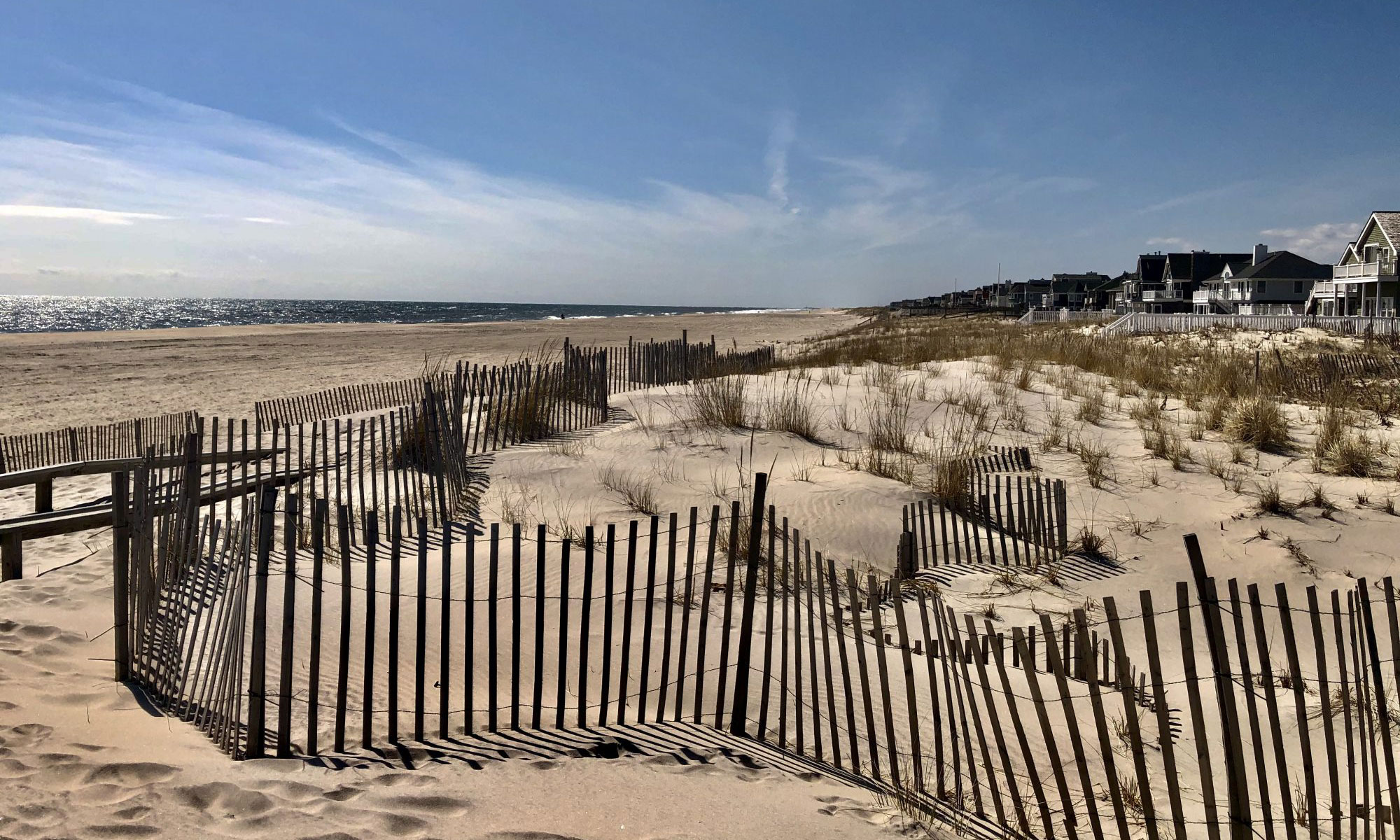A good friend of mine recently invited me to join in an online course focused on understanding the concept of abundance and what it means in our lives. At first, I thought I have too many other things that needed my attention, but then I thought: What better time could there be than now?
 The Cambridge dictionary defines “abundance” as a situation in which there is more than enough of something. The opposite of abundance is scarcity, a concept that parents and teachers are most aware of. This awareness is prominent in our attempts to get young children to understand the concept “more” to allow us to understand when they want more food, want to watch more TV, or play for a longer time.
The Cambridge dictionary defines “abundance” as a situation in which there is more than enough of something. The opposite of abundance is scarcity, a concept that parents and teachers are most aware of. This awareness is prominent in our attempts to get young children to understand the concept “more” to allow us to understand when they want more food, want to watch more TV, or play for a longer time.
The concept is, however, also frequently used in the context of abundant living, which relates to the meaningfulness of life.
 Abundance here does not only refer to the quantity or how much we have, but the meaning of what we have in our lives. It highlights the meaning we attach to what we have—and how this manifests in our lives by, for example, observing a child smile, performing an act of kindness, appreciating a nice view, smelling a flower, etc.
Abundance here does not only refer to the quantity or how much we have, but the meaning of what we have in our lives. It highlights the meaning we attach to what we have—and how this manifests in our lives by, for example, observing a child smile, performing an act of kindness, appreciating a nice view, smelling a flower, etc.
Like so many other people around the world, I too am at home after the schools have closed to try and prevent the spread of the Covid-19 virus. Being socially isolated, even though difficult, is one of the most effective ways of slowing the spread of the infection. We have all heard that, read that, but still—it is really challenging. Having children at home all day and not being able to follow the typical daily routines in the household require innovative planning to try and keep harmony and peace in the home.
As governments urge citizens to adhere to these restrictions, I am touched, however, by just how many people have responded to this call by diligently staying away from public places and limiting interactions with others. One can argue that they are protecting themselves, but this action also protects others.
This realization made me think about how we view the link between self and other and the importance of acknowledging how our own actions form part of a bigger collective whole. We might not always be clear of our own intentions, but the fabric of our community rests upon the principle “for the greater good of all.”
This principle of “for the greater good” made me reflect on a recent interview I watched featuring Elly Frankl, the widow of Viktor Frankl. For those who don’t know, Viktor Frankl was a psychiatrist and founder of the logotherapy method, which was based on the principle of “the will to meaning.” He is also well-known for his book Man’s Search for Meaning, which is an account of his perceptions of life within the concentration camps. The focus of his work was the exploration of how people can attach new meaning to their existence in the concentration camps.
In this video, Elly Frank discusses their marriage and her experiences with Viktor Fankl. She talks about how he was child-like in his ability to perceive and appreciate the world around him. She expresses her surprise in the fact that such a great and intelligent man, Viktor Fankl, would have chosen her, an uneducated woman from a very poor background, to spend his life with. And yet, they were happily married for over 52 years. She elaborates on the fullness of her life and how easy this fullness makes it to accept her approaching death.
Clearly, the concentration camps during The Holocaust were an extreme example of deprivation. However, as we are socially isolating, I can’t help wondering if there is a message in this interview for us. Perhaps this is a period of reflection that can indeed create a search for new meaning in our personal and communal life.
What do you think?


